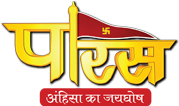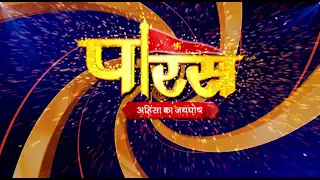




Religious festivals are significant in the Jain community because they bring people together and allow opportunities to demonstrate devotion and gain merit. Nobody is obligated to attend such gatherings, though. The ultimate precept of Jainism is nonviolence. Jains believe in religious harmony and equality, and they ensure that no living creature, including insects, suffers harm. Jainism promotes the self-help idea, which holds that no divine forces or gods can help humanity. Right knowledge, right conviction, and right activity, according to Jainism principles, are three fundamental factors that can help you live a pure life. Introduction to Jain festivals The Jain festival Mahamastakabhisheka is conducted every twelve years to celebrate Lord Bahubali, the son of Rishabhanatha, the first Thirthankara. This event, which takes place in the Indian state of Karnataka, lasts thirty days. Paryushana is the earliest Jain festival, which is celebrated by Svetambaras for eight days and Digambaras for ten days. During the festival, participants fast and take vows, putting themselves through trials and restrictions in order to keep their minds focused on religion. Mahavira attained moksha, or nirvana, during the festival of lights, popularly known as Diwali, which takes place in mid-October. Fasting isn't necessary for this holiday. Jains worship Laksmi, the goddess of wealth, to ensure prosperity. A typical Jain panchang can include tabulations of the Sun, Moon, and other planets' positions for each day of the year at a specific location (longitude, latitude) and time of day (in 24-hour format IST). The remaining data is calculated by the users using their relative differences from this fixed location and time.